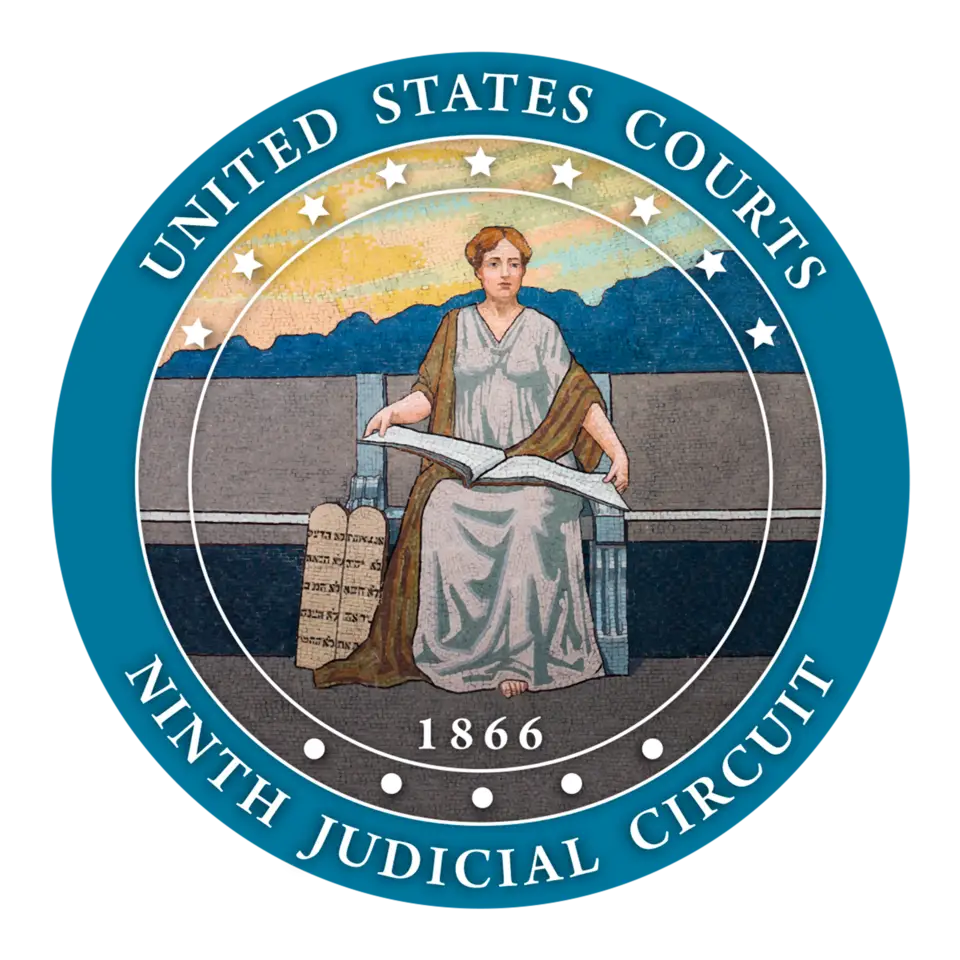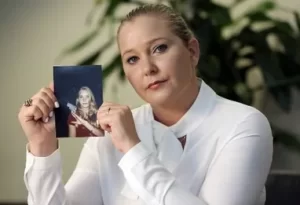Image: Seal of the U.S. Ninth Circuit Court of Appeals; via Wikipedia.
The Oregon Department of Human Services (ODHS) must comply with newly expanded terms of a landmark child abuse settlement after a federal appeals court ruled that hundreds of foster youth living with their biological parents must be included in oversight reforms, Shaanth Nanguneri of the Oregon Capitol Chronicle reported via Yahoo! News.
On Tuesday, the Ninth Circuit Court of Appeals unanimously reversed a June 2024 decision by U.S. District Judge Ann L. Aiken that limited the scope of a May 2024 class-action settlement. That agreement, originally focused on children in ODHS’s physical and legal custody, must now also cover an estimated 600 to 700 children in “trial home visits” or placed temporarily with their birth parents while the state searches for a new home.
The decision comes just two weeks after court-appointed expert Kevin Ryan submitted a report outlining multi-year timelines for implementing reforms to address chronic abuse and neglect within Oregon’s foster care system.
“That some children who are wards of the state and in the state’s legal custody are placed with their biological parents, rather than with foster parents, does not affect the existence of due process protections,” wrote Appellate Judge Lucy H. Koh in the court’s 22-page opinion.
ODHS spokesperson Elisa Williams said the agency had resolved the dispute “in good faith and in partnership with the plaintiffs,” emphasizing its continued commitment to meeting the settlement’s terms.
The lawsuit was filed in 2019 by Disability Rights Oregon and a national nonprofit on behalf of 10 current and former foster youth, accusing the state of persistent mistreatment and instability in foster homes. State lawyers argued that obligations were different once children returned to their parents’ homes, but the appeals court disagreed.
“This expanded definition means children still living in their parents’ home, or returned there on ‘trial home visits,’ will now be included in the settlement’s oversight and protection,” Disability Rights Oregon said in a statement.
One plaintiff’s experience illustrates the stakes: two children were placed back with their mother—who had made suicidal threats online—only for a caseworker to later describe the home as cluttered and uninhabitable. The court’s opinion underscored that ODHS’s constitutional duties apply equally whether a child is with a foster parent or a biological parent without legal rights.
Reform Work Underway
The May 2024 settlement created the role of a neutral, court-appointed expert to monitor and guide ODHS reforms. Ryan, who previously served as New Jersey’s first statewide child advocate, has prioritized tracking maltreatment rates, ensuring timely abuse report notifications, and improving nursing and medical assessments.
“No single measurement or ultimate outcome—no matter how strong a state’s performance—will comprehensively reflect appropriate care of children and the outcomes they experience,” Ryan’s report stated.
The state’s foster care system has faced mounting scrutiny in the past year. In December, ODHS agreed to pay $40 million in a separate lawsuit brought by four former foster children who were abused in a state-approved home. And earlier in 2025, The Oregonian reported that 10 monitored children had died in just the first four months of the year—at least four of them infants in unsafe sleep situations where a caregiver was allegedly using marijuana.
Related Abuse Lawsuits Against Oregon Youth Authority
While ODHS is under pressure to reform, Oregon’s juvenile justice system faces its own abuse scandals. Multiple lawsuits have accused former Oregon Youth Authority (OYA) employees, including a longtime pediatrician, of sexually abusing youth in custody. SurvivorsRights.com has covered these developments in detail:
- More Lawsuits Filed Against Oregon Youth Authority as Abuse Allegations Mount — Survivors accuse OYA of fostering a culture of silence and protecting abusive staff members, with over $250 million in damages sought.
- Oregon Youth Authority Lawsuit: 10 More Men Sue Over Alleged Abuse by State Doctor — New claims against Dr. Edward Edwards, accused of abusing boys at MacLaren Youth Correctional Facility, bring the total known victims to 20 and counting.
Both the ODHS and OYA cases highlight longstanding systemic failures to protect vulnerable youth in state custody.
Legislative and Legal Challenges
Governor Tina Kotek’s administration has faced political setbacks in its approach to child welfare. The Ninth Circuit recently struck down Oregon’s policy requiring adoptive parents to affirm foster youths’ LGBTQ+ identities, and lawmakers rejected Kotek’s proposal to resume sending foster youth out-of-state for care. Kotek also vetoed a bill expanding Oregon’s foster care bill of rights, citing unclear language, particularly the phrase “child in care,” which the Ninth Circuit has now addressed through its ruling.
If you or a loved one was sexually assaulted or abused in an Oregon state-run facility, we may help connect you with an Oregon-based attorney who specialize in this type of litigation. (Learn more about what an Oregon sexual abuse attorney does.) Typically, the attorneys we partner with work on a contingency basis. This means that you don’t pay anything unless your lawsuit ends in a settlement or jury verdict.




